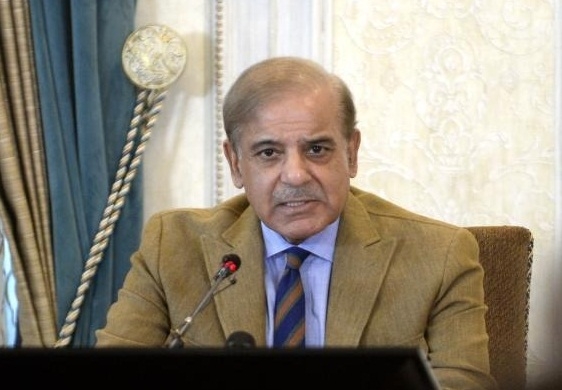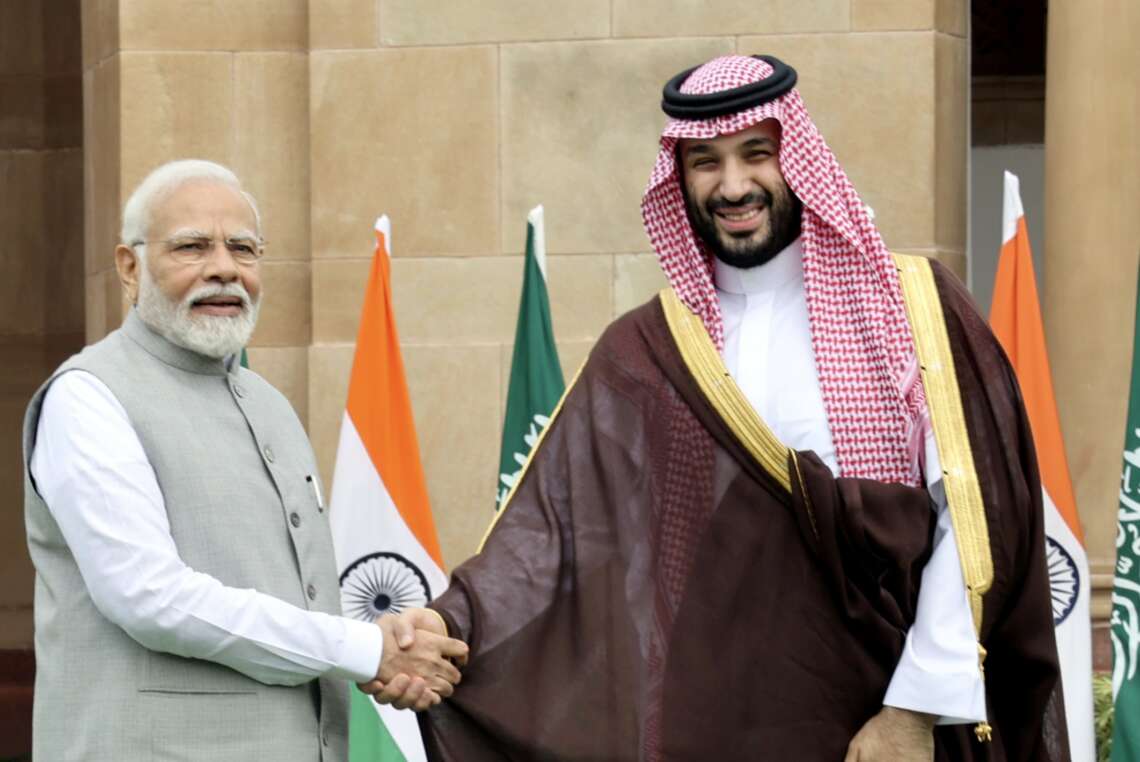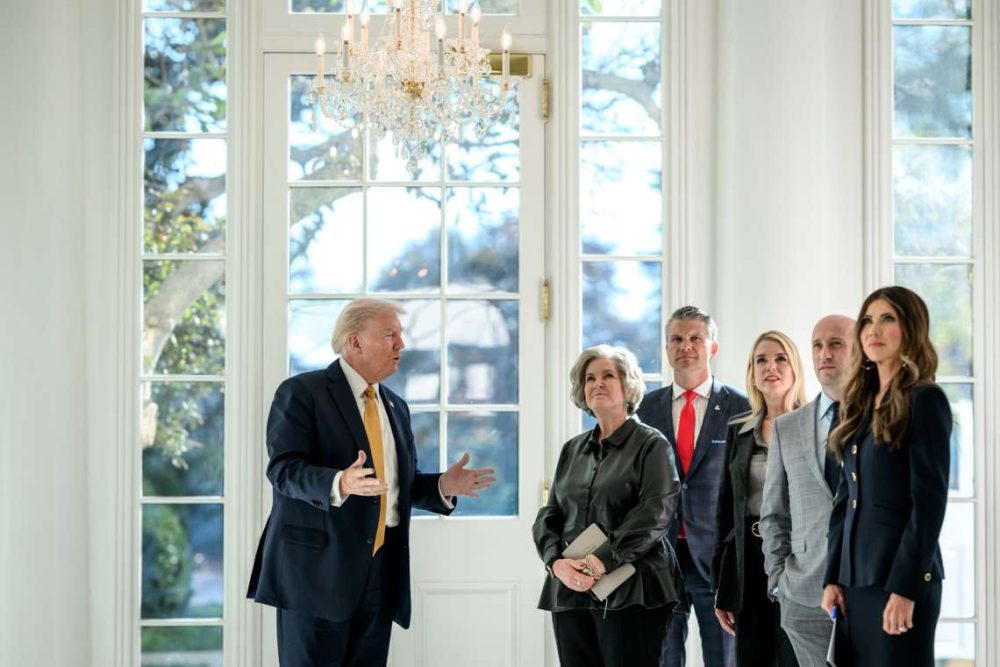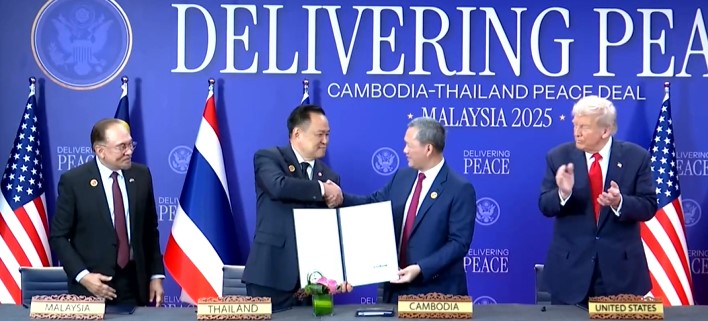Recent articles and studies highlight the public’s growing concerns about disinformation in Pakistan. The spread of false information ranges from trivial matters to significant national and regional issues. Examples include fake security threat warnings, fabricated official documents, and coordinated online campaigns accusing news outlets of promoting “fake news”…. Writes Vaishali Basu Sharma
A complex interplay of misinformation, intentional distortions of reality, and the manipulation of narratives, have contributed to a decline in civic participation and institutional trust in Pakistan. The deliberate propagation of falsehoods undermines citizens’ trust in governance, discourages active involvement in democratic processes, and fosters polarization among communities.
Political discourse has grown increasingly polarized, reflecting deep divisions within societies. The emergence of social justice movements, the resurgence of nationalism, and the rise of populist leaders have intensified ideological conflicts, fostering an environment of hostility and mistrust among opposing groups. This polarization not only hampers constructive dialogue but also undermines the potential for consensus-building on critical issues.
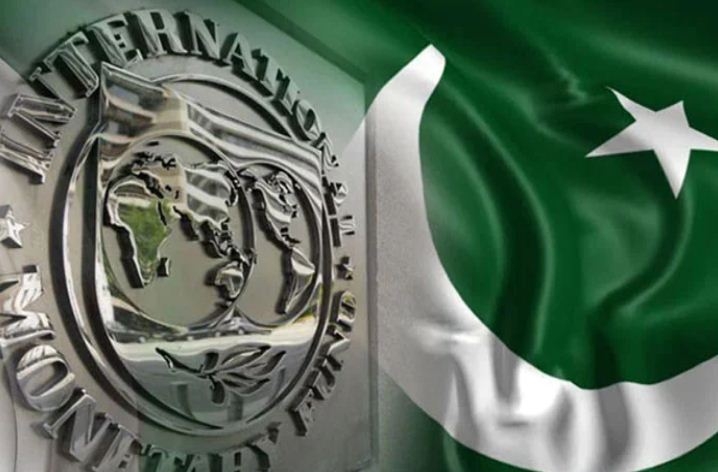
Recent articles and studies highlight the public’s growing concerns about disinformation in Pakistan. The spread of false information ranges from trivial matters to significant national and regional issues. Examples include fake security threat warnings, fabricated official documents, and coordinated online campaigns accusing news outlets of promoting “fake news.” The challenges to civil discourse are particularly pronounced. Almost 95 per cent of the trending political campaigns in Pakistan are boosted artificially to mislead the public, giving a false impression that there is genuine grass-roots support or opposition for a particular group or narrative.
A readers’ survey conducted by Dawn revealed that the majority of 1,705 respondents viewed “fake news” as a major problem in Pakistan, with nearly 45% admitting to having been misled by false information. Influence campaigns in Pakistan are run by humans not bots and influence campaigns in Pakistan are artificially amplified, wherein supporter groups materially distort Twitter traffic from a very small base of human users to force hashtags into the “trending” panel. Political debates often devolve into expressions of unwavering party loyalty, overshadowing substantive discussions on policy and governance. Online platforms, which could serve as spaces for open dialogue, often become arenas for emotionally charged exchanges, marked by personal attacks and divisive rhetoric.
Misinformation can have real-world consequences. So much so that the World Economic Forum has labelled disinformation a major global threat, warning that it has the potential to destabilise societies and erode democratic institutions.
In August 2024, the UK experienced over a week of riots across England and Northern Ireland, with more than 1,000 arrests. These events were fueled by false reports originating from a misinformation website based in Lahore, Pakistan. An investigation revealed that a website called Channel3Now, linked to Lahore, played a significant role in spreading misinformation that fueled riots in the UK. The website falsely claimed that the attacker in a Southport stabbing incident was a Muslim migrant named Ali al-Shakati, which led to violent unrest in several cities. The actual suspect was later identified as Axel Rudakubana, a British-born individual of Rwandan descent.
Farhan Asif, the individual behind the controversial website Channel3Now, is a Pakistani national, and the operations of the website were traced back to Lahore. Asif, who reportedly operated the website from Lahore, denied responsibility for the violence, claiming that the content was exaggerated but not intended to incite unrest. However, investigations revealed that the website frequently published misleading and inflammatory stories, contributing to social tensions
Fake news is also used as a profitable business modus in Pakistan. In the stock market, the first-mover advantage can be everything and investors are quick to believe rumors, even when they’re baseless. A few years back social media became the stage for a dramatic incident involving one of Pakistan’s largest cement manufacturers. A fake notice claiming that a Chinese company intended to conduct due diligence to acquire a 40% stake in the company circulated widely online. The notice, seemingly authentic with the company’s letterhead and secretary’s signature, misled brokers, speculators, and traders. The spread of this misinformation pushed the cement company to release a rebuttal, categorically denying any Chinese company’s interest in acquiring a stake.
Health-related disinformation in Pakistan predates the Covid-19 pandemic. A notable case occurred in 2019, when fake anti-vaccine videos targeted the polio vaccination campaign. This disinformation triggered arson, violent attacks on health workers, and the suspension of the vaccination drive, leaving over two million children unvaccinated. But it was the pandemic that unleashed a wave of medical misinformation in Pakistan. In 2020, there was a significant surge in false information, much of it centered on the pandemic, the coronavirus, and government-imposed lockdowns. These misleading messages spanned a wide spectrum, from incorrect claims about the virus’s origins to fabricated death tolls and bogus remedies. Misinformation also tended to persist much longer than other types of messages, such as news or religious information. This highlights how false narratives remained active on Pakistani WhatsApp for extended periods, outlasting more credible information.
Lately a spike in polio vaccine misinformation on the internet has been identified as one of the biggest barriers for polio eradication.
There is a surge in misinformation targeting transgender communities in Pakistan; largely fueled by hate campaigns from religio-political groups such as Jamaat-e-Islami (JI) and Jamiat Ulema-e-Islam-Fazl (JUI-F). A report by the Digital Rights Monitor, titled “Online Violence Against Women, Misinformation Campaigns, and Big Tech Accountability: The Case of Asia”, and authored by journalist Zebunnisa Burki, highlights the orchestrated disinformation around transgender rights Pakistan, revealing how religio-political organisations opposed the Transgender Act and stirred controversy over universally accepted terms like “trans” and “intersex.”

Digital Rights Foundation (DRF)’s report “Platforms At The Polls: Disinformation, Political Ads & Accountability During The 2024 Pakistan General Elections” found rampant disinformation and harmful content on major social media platforms in the run-up to the country’s recent general elections in February 2024. There was pervasive use of Generative AI being employed to create fake – or “deepfake” – content, by political candidates. A notable instance involved a deepfake audio clip, allegedly featuring PTI leader Imran Khan calling for an election boycott on February 7th, just a day before the elections on February 8th, 2024. This audio was widely circulated on social media platforms, including X.
In Pakistan, religious rhetoric has been weaponized to discredit political opponents and stir public outrage. Social media platforms are rife with misleading claims, accusing politicians, activists, and reformists of blasphemy or undermining national interests. This has fostered an environment of self-censorship, as individuals avoid discussing sensitive political issues for fear of backlash.
The result is a largely unregulated news landscape, dominated by unverified information, rumors, and hearsay masquerading as credible news. Many online platforms and social media accounts posing as news outlets lack the necessary checks to ensure the accuracy of their content. Often, posts from social media are repackaged as news reports and shared without any official verification, fueling the spread of misinformation.
The government’s policy response to disinformation has been knee-jerk legislation to block false content like the amendment to the Prevention of Electronic Crimes Act 2016 (Peca)to block online content and access to social media, as well as prosecute those propagating ‘fake news’. But criminalising ‘misinformation’ without safeguarding free speech is a dangerous precedent, effectively handing governments the power to potentially misuse laws to stifle dissent. The prevalence of fabricated narratives in Pakistan can be traced back to the systemic neglect of truth, education, and institutional integrity. These foundational pillars have long been overlooked, creating an environment where misinformation thrives. Without access to reliable education and transparent institutions, citizens are left vulnerable, unable to critically assess information or make informed decisions based on facts.


